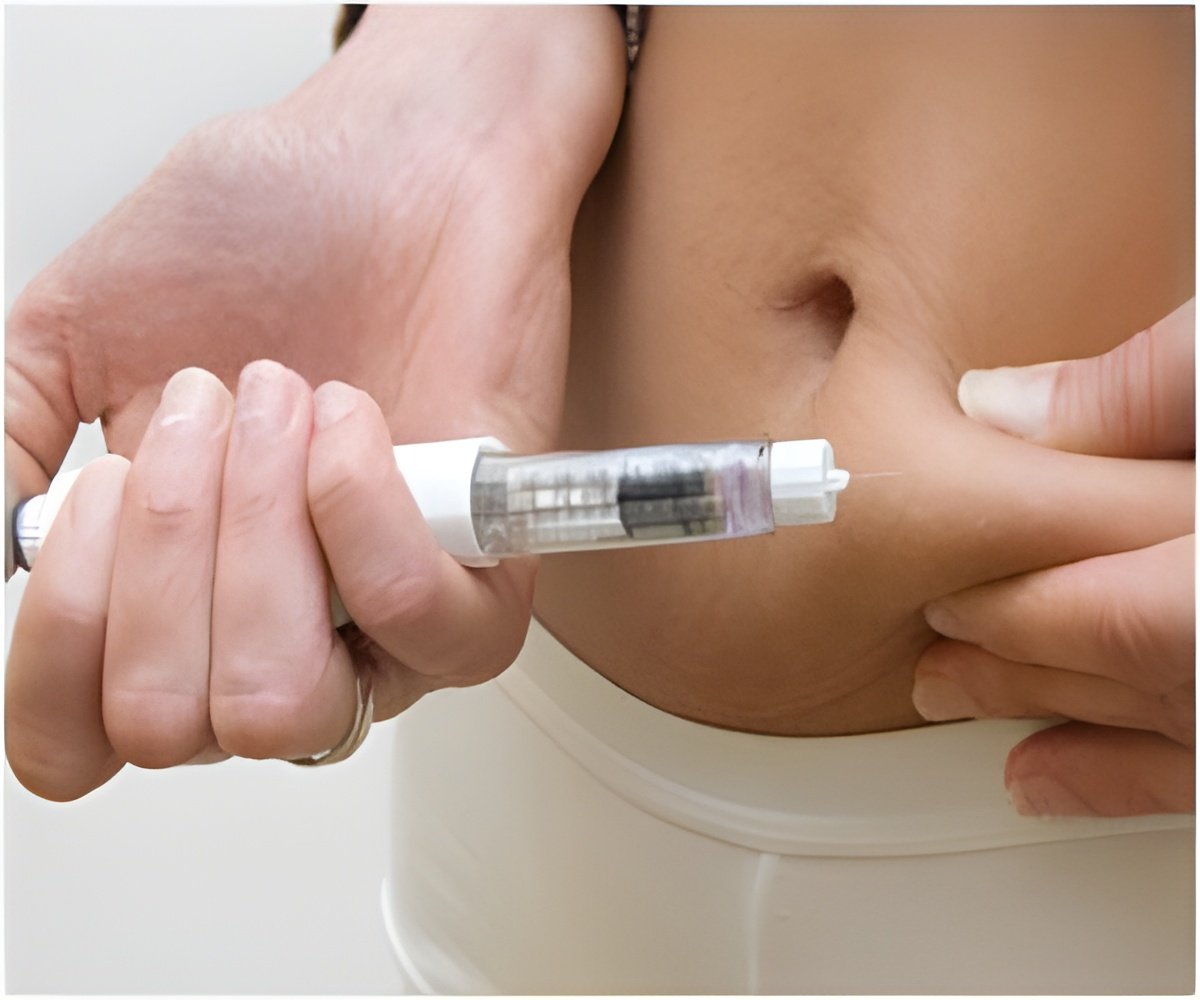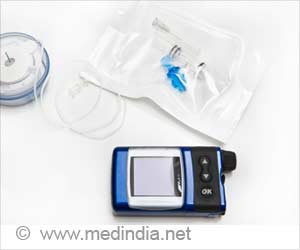New study reveals a natural fatty acid that can serve as a regulator of blood sugar levels, which may possibly have vital applications in designing improved and safer drugs for diabetes treatment.

The study found that decanoic acid, a saturated fatty acid, acts as a modulator of a sub-family of nuclear receptors (peroxisome proliferator-activated or PPAR receptors) that play a key role in glucose and lipid metabolism.
Decanoic acid, also known as "Capric acid," occurs naturally in coconut oil and palm kernel oil, as well as in the milk and animal fats of some mammals. It is used in organic synthesis and is common in the manufacture of perfumes, lubricants, greases, rubber, dyes, plastics, food additives and pharmaceuticals.
"We studied a nuclear receptor (PPARã) that plays a key role in glucose and lipid metabolism and is the molecular target of the thiazolidinedione (TZD) class of antidiabetic drugs, which have been shown to have negative side effects such as weight gain, fluid retention, and increased risk for cardiovascular diseases," said H. Eric Xu, Ph.D., Director of VARI's Center for Structural Biology and Drug Discovery. "Our results showed that decanoic acid could be used in designing better and safer PPARã – based drugs."
Xu's laboratory uses a technique known as X-ray crystallography to determine exactly how and why the drug compounds work in molecular detail, which can then help drug developers engineer more potent drugs that have fewer unwanted side effects. The lab has previously published studies that could impact a variety of diseases, including osteoporosis, diabetes, and anxiety and depression disorders.
The recent study, which was carried out in collaboration with a team of international research and clinical partners from Brigham and Women's Hospital, Dana-Farber Cancer Institute, Harvard Medical School, National University of Singapore, The Scripps Research Institute, Shanghai Institute of Materia Medica, and University of Michigan showed that decanoic acid is a direct ligand, or binding partner, of PPARã, and binds and partially activates PPARã without leading to the development of fat cells.
Advertisement
In additional to the nearly 26 million Americans with diabetes, an estimated 79 million U.S. adults have prediabetes, a condition in which blood sugar levels are higher than normal, but not high enough to be diagnosed as diabetes. Prediabetes raises a person's risk of type 2 diabetes, heart disease and stroke. Diabetes affects 8.3 percent of Americans of all ages, and 11.3 percent of adults aged 20 and older. About 27 percent of those with diabetes—7 million Americans—do not know they have the disease. Prediabetes affects 35 percent of adults aged 20 and older.
Advertisement















